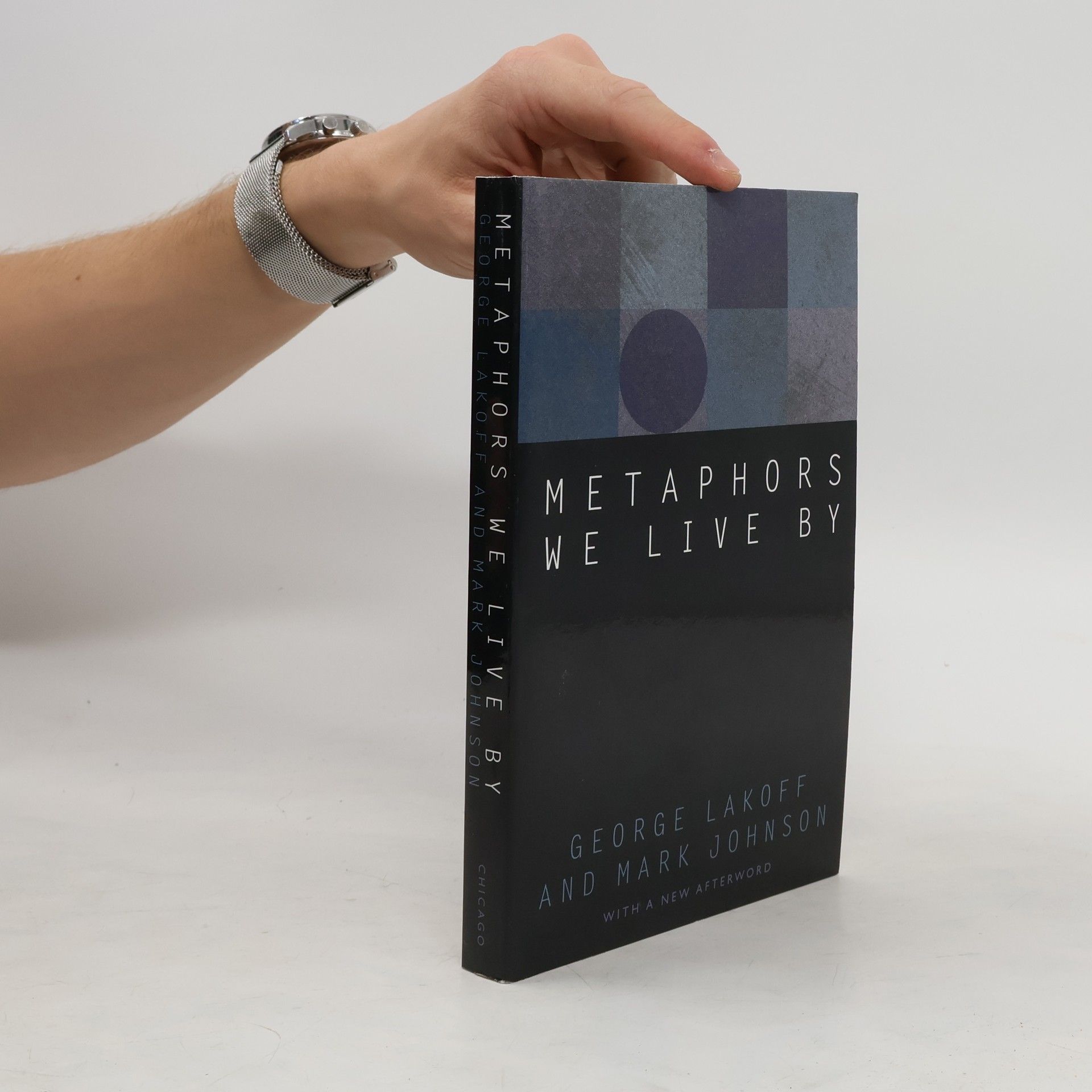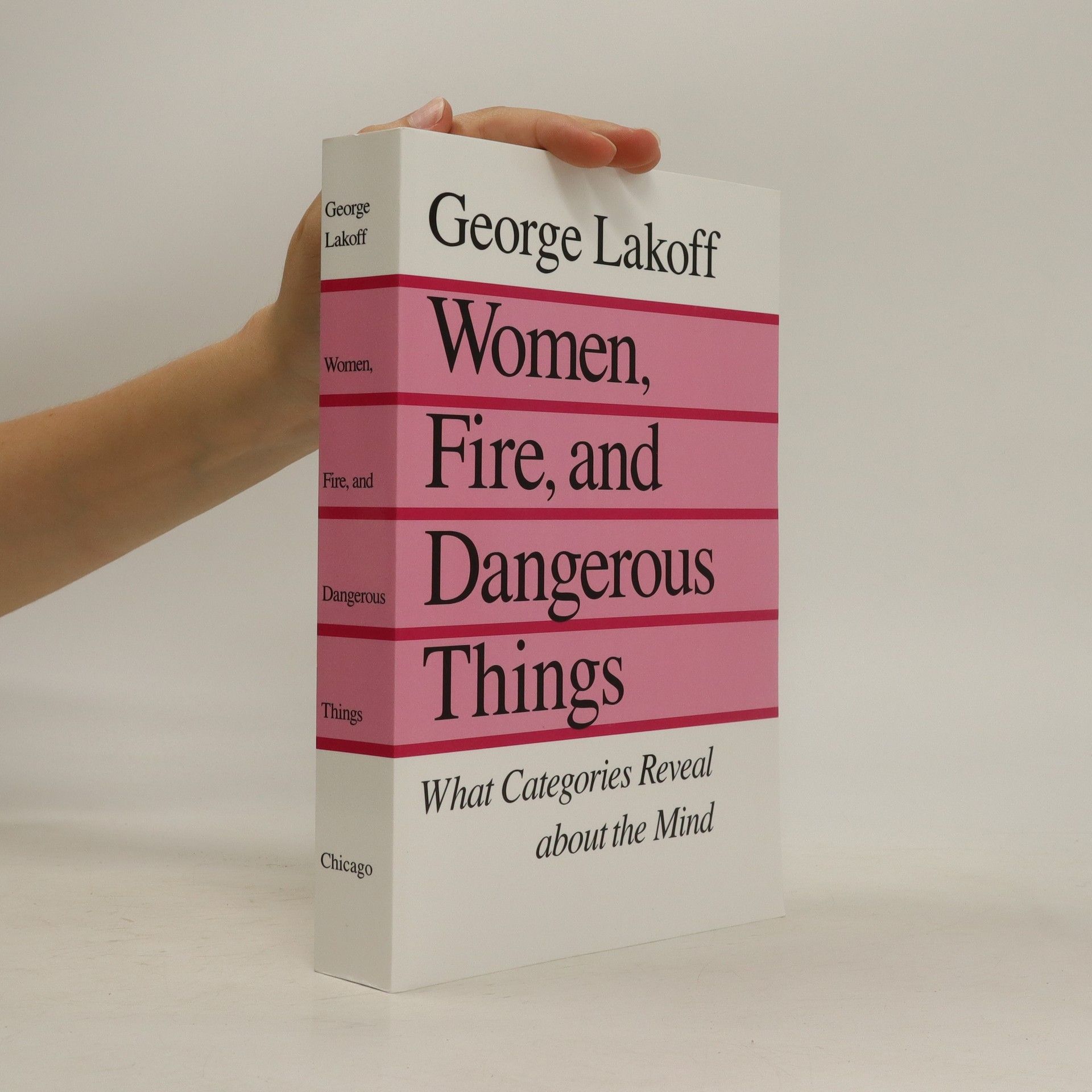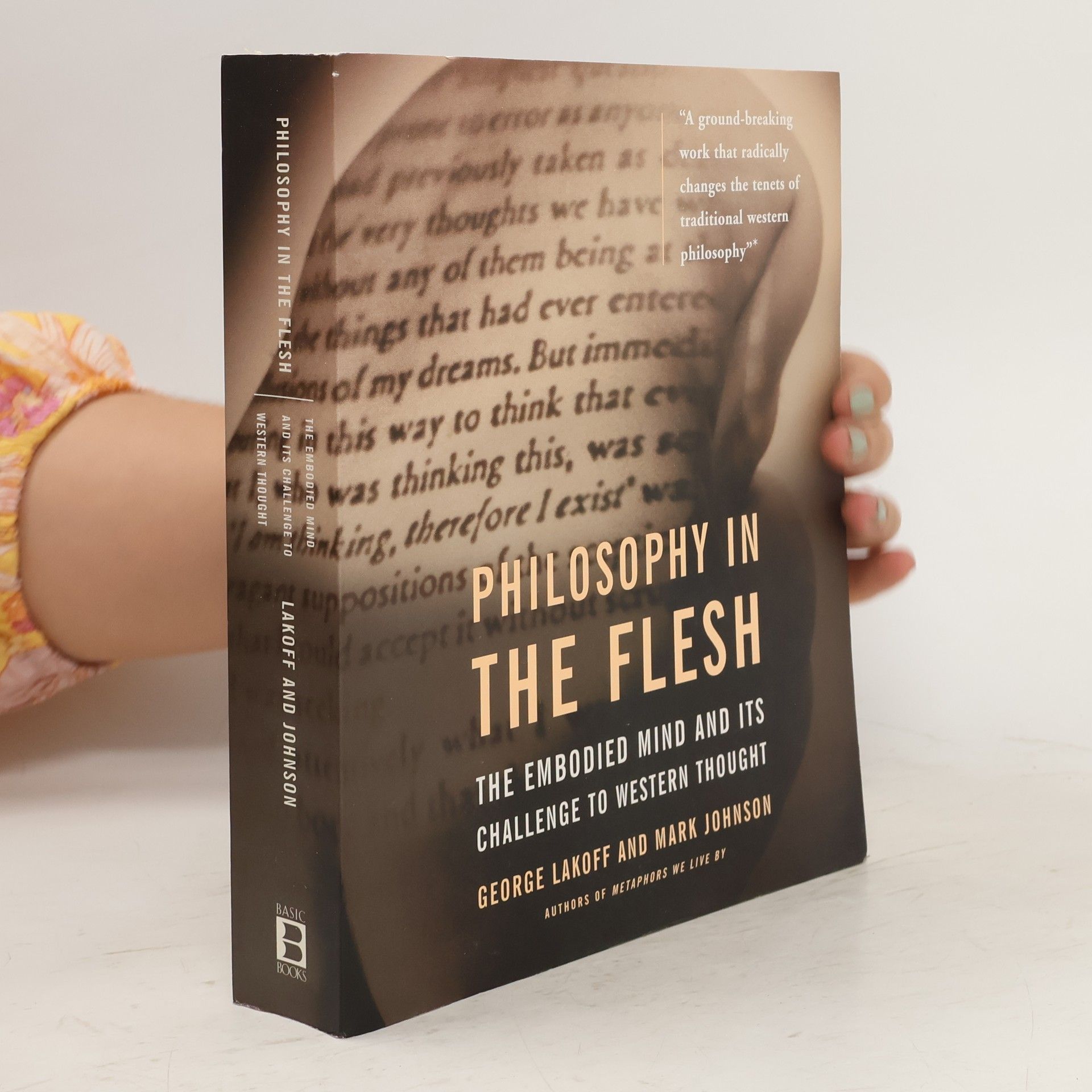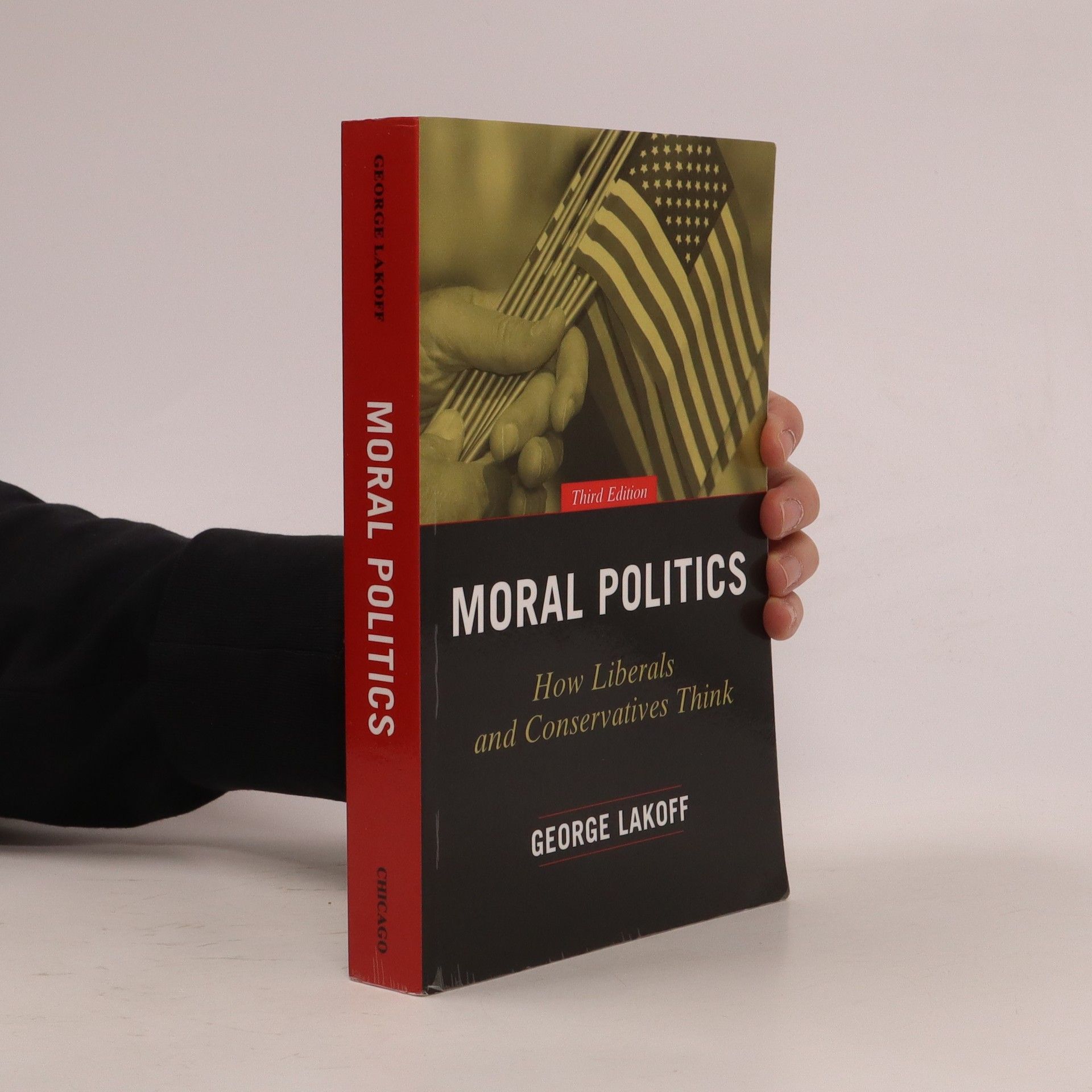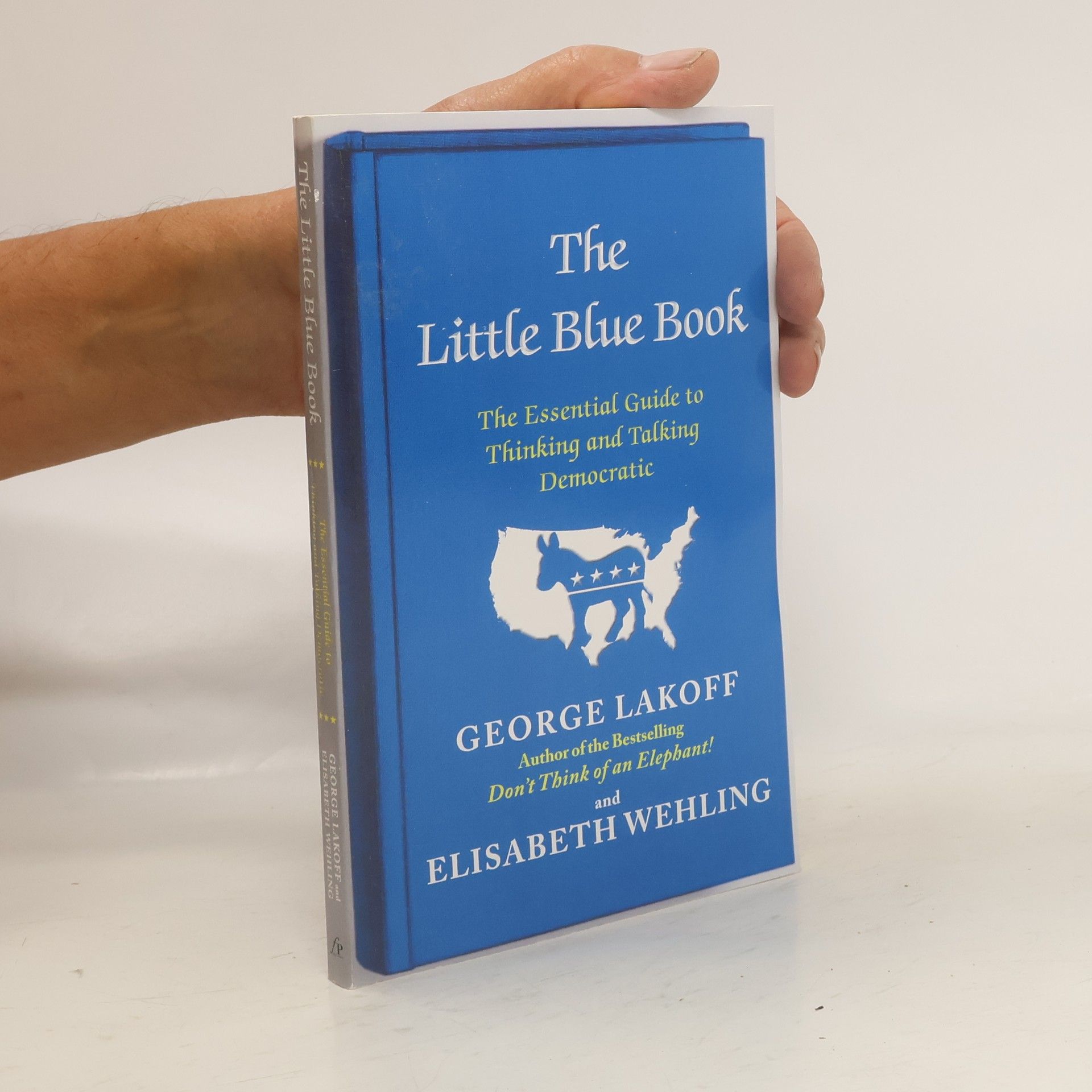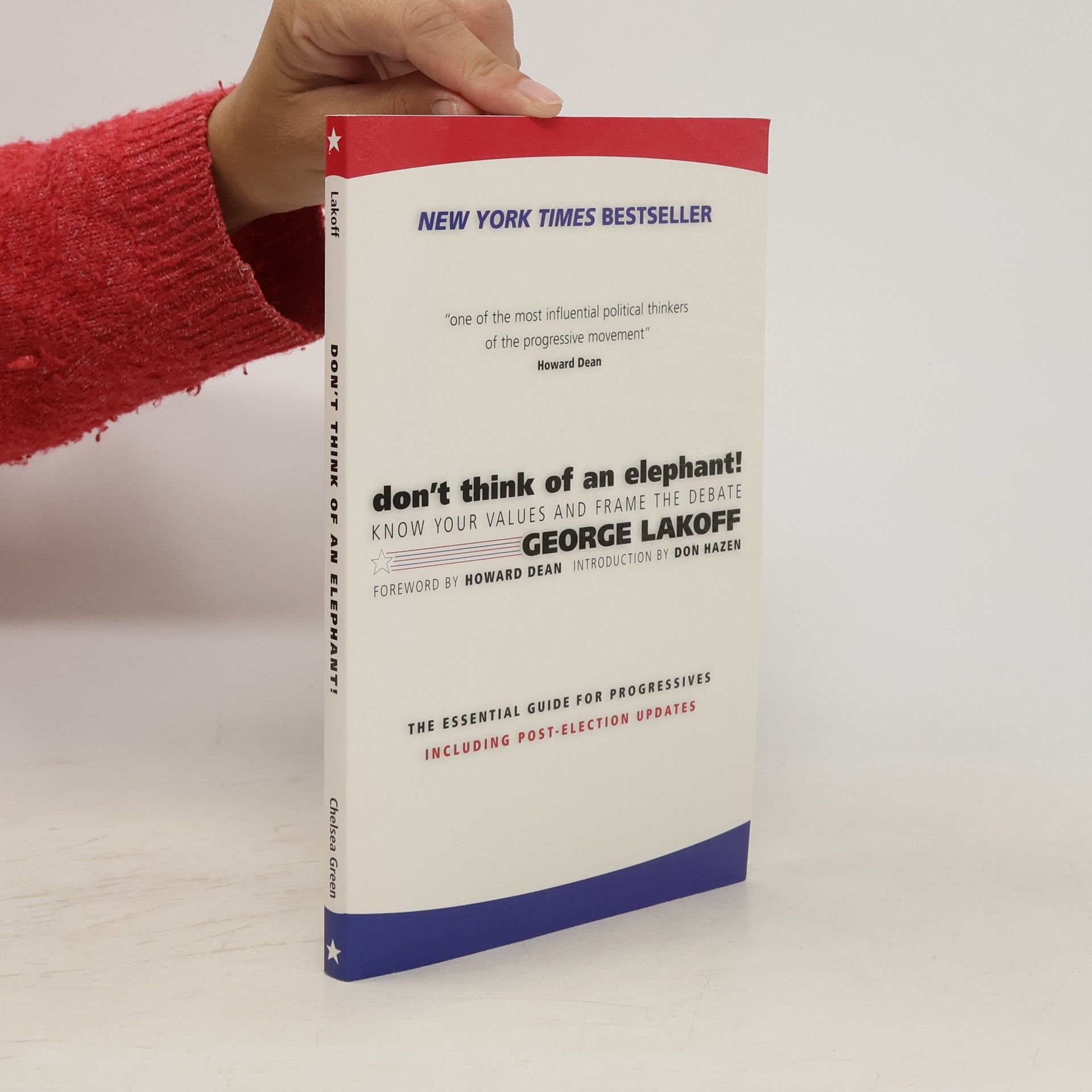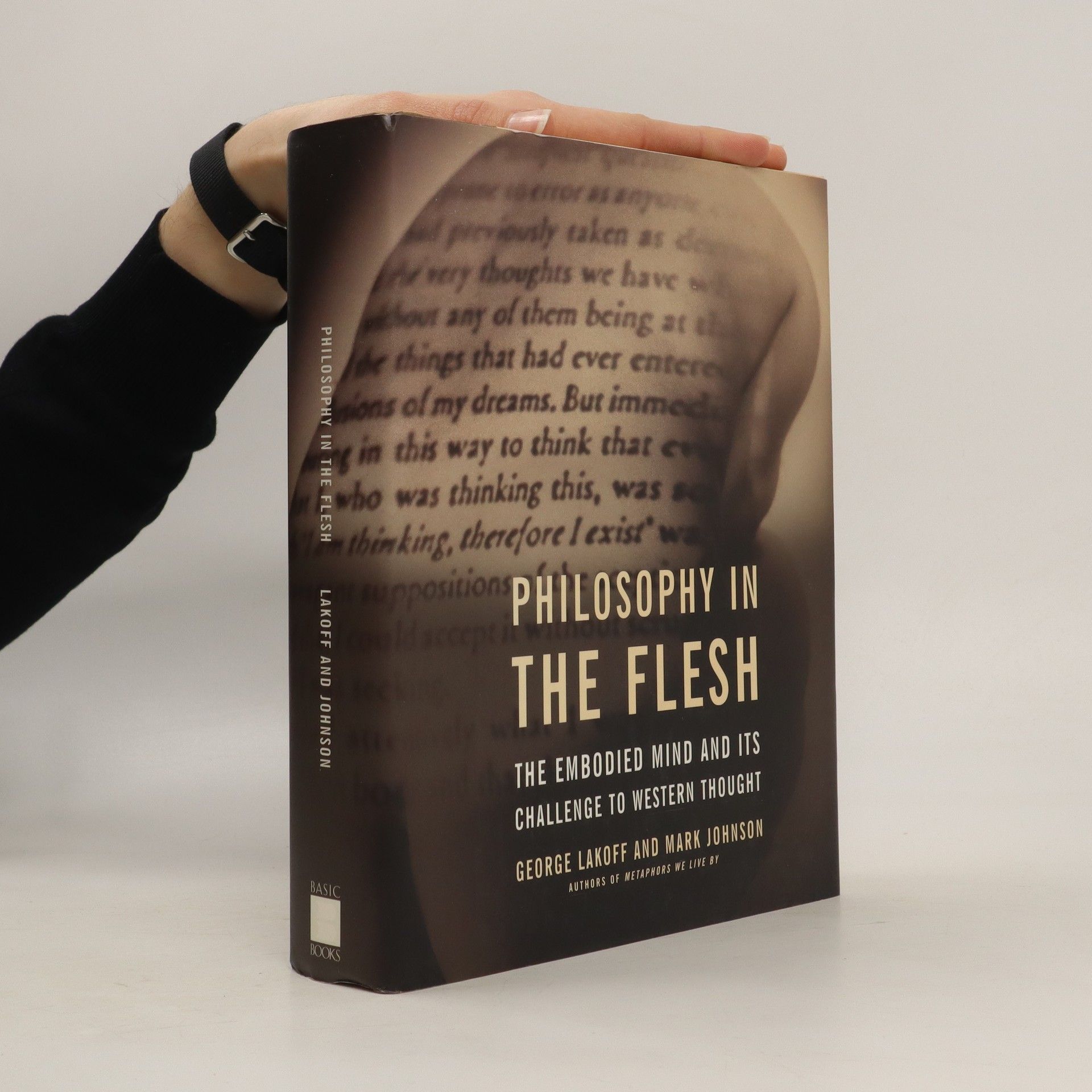Moral politics : how liberals and conservatives think
- 490pages
- 18 heures de lecture
When first published two decades ago, this work redefined American political discourse through cognitive political psychology. Its relevance has only increased as liberals and conservatives now hold even more opposed views, rooted in fundamentally different moral assumptions. Lakoff reveals that both sides possess distinct yet consistent moral frameworks, shaped unconsciously by our brain's circuitry. When faced with facts that contradict our moral beliefs, we tend to ignore or reject them, highlighting the challenge of critically engaging with the information around us. In this new edition, Lakoff includes a preface and afterword that address significant ideological conflicts since the original publication, including the Affordable Care Act, the wars in Iraq and Afghanistan, the financial crisis, and global warming. Contrary to hopes that these events would foster unity, the divide between liberals and conservatives has intensified. To foster mutual respect in today's social and political landscape, it is crucial to understand the underlying issues and integrate them into public discourse. This work serves as a vital wake-up call for both sides, urging a deeper comprehension of the moral politics that shape our society.


